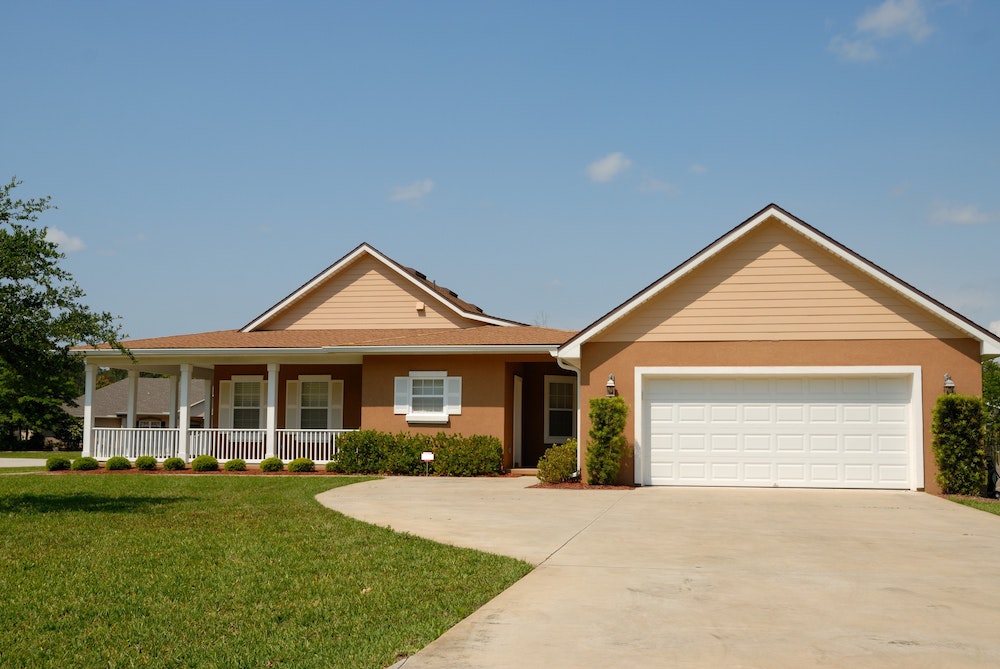
02 Jul Reverse Mortgages: Facts and Figures
What is a reverse mortgage?
Are you sixty-two years of age or older? If so, you might be eligible for a reverse mortgage. Reverse mortgages are available for seniors interested in converting the equity in their home into supplemental income or a line of credit. According to the National Council on Aging, “In today’s economic recession, younger borrowers (often Baby Boomers) are turning to these loans to manage their existing mortgage or to help pay down debt.”
What makes a reverse mortgage, “reverse?” Instead of making payments to a lender, like traditional mortgages, the lender makes payments to the home owner. The home owner will not have to pay back the loan until the home is sold or vacated for other reasons.
 The only reverse mortgage insured by the U.S. Federal Government is called a Home Equity Conversion Mortgage (HECM), and is only available through an FHA-approved lender.
The only reverse mortgage insured by the U.S. Federal Government is called a Home Equity Conversion Mortgage (HECM), and is only available through an FHA-approved lender.
Potential Reverse Mortgage Issues
There are some risks involved with having a reverse mortgage including:
- If you vacate the home for over a year. For example, moving into an assisted living facility and vacating your home for over a year, the loan will then become due.
- Risk of foreclosure. If you fall behind on tax and insurance payments, you could face the risk of foreclosure for not keeping up with your financial obligations.
- The financial risks.There are many financial costs to consider when you have a reverse mortgage. Items like closing costs or using up your home equity could leave you with less cash as you get older.
Looking for more information on financial topics? Visit our Financial Resources page.
How Do I Participate in the HECM program?
To start the process of a reverse mortgage, you must meet with a HECM counselor to discuss your eligibility and financial obligations, like keeping up with your property-related charges, including property taxes and home owner’s insurance.
Next, you will be required to meet with a FHA-approved lender. You can find more information on participating in this program and contacting a lender at HUD.GOV.
When Does a Reverse Mortgage Become Due?
After certain events occur, payments on your reverse mortgage will become due, including:
- All borrowers have died.
- The property is sold or title to the property is transferred.
- The borrower no longer uses the home as a principal residence.
- The borrower fails to occupy the home for longer than 12 consecutive months because of a physical or mental illness.
- The borrower fails to meet the obligations of the mortgage.
For more information and exceptions to these rules, visit this website.
Interested in other Estate Planning resources? Visit this page on our website for more information on life-planning topics and get


